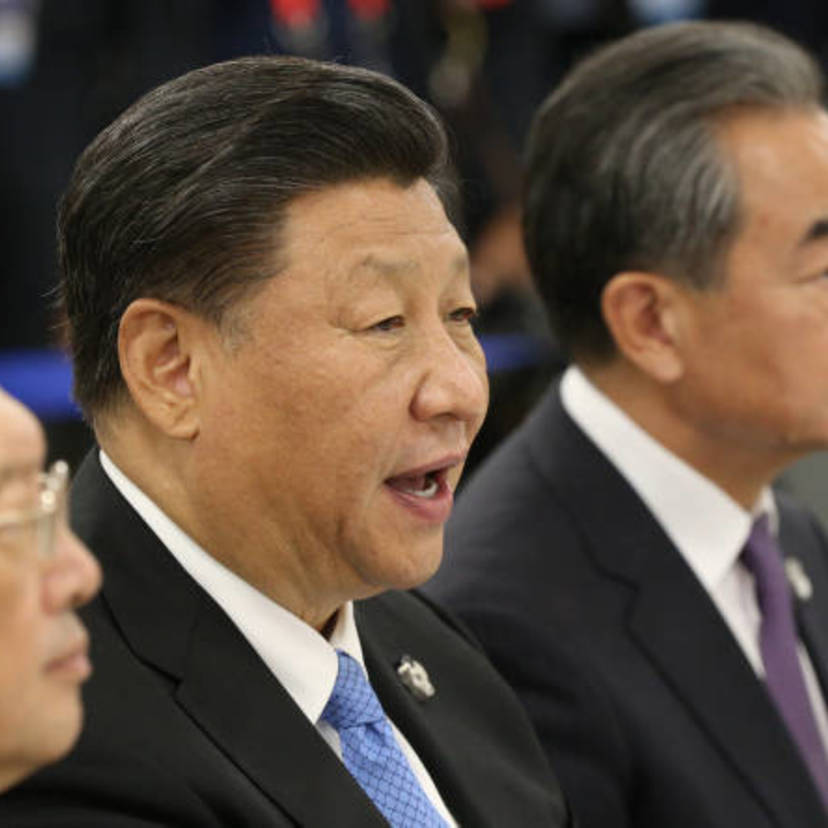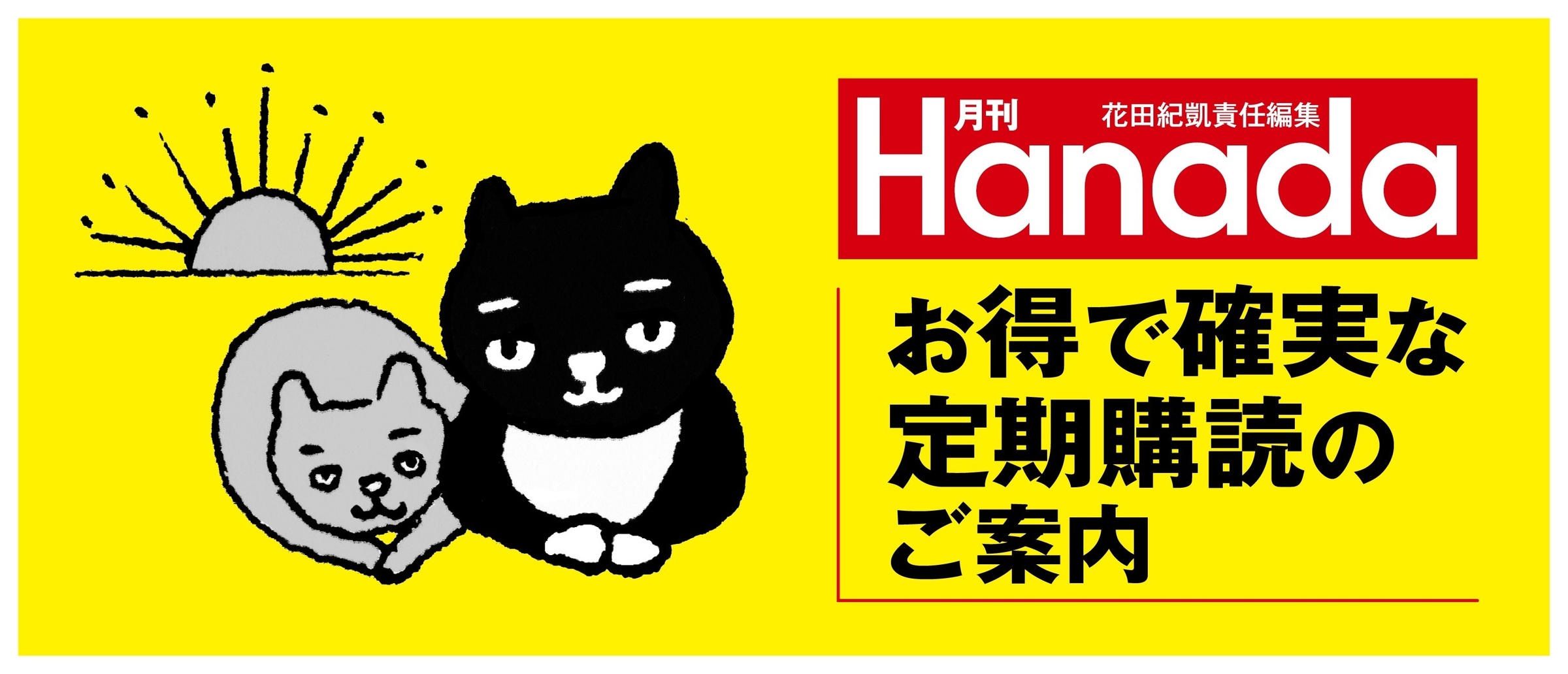Japan must make more efforts than any other country to respect human rights and protect democracy.
The first reason for this is that respect for human rights and democracy represent values that form the core of Japan’s national characteristics, having been weaved into the 17-article constitution provided by Prince Shotoku in 604 and Emperor Meiji’s Charter Oath of Five Articles, although these specific words were not included in them.
The second reason is that Japan bans the maintenance of war potential under its postwar constitution and requires the Self-Defense Forces to be basically bound by the Police Act. Even though hundreds of Japanese citizens may have been abducted by North Korea, Japan cannot take any independent military action. Former Prime Minister Shinzo Abe and his successor Yoshihide Suga have always claimed to the international community that abduction represents an unforgivable human rights abuse and terrorism, calling for international help. At present, the Chinese communist regime is conducting a fierce crackdown on Uyghurs. Tibetans and Mongolians have also come under a similar crackdown. So have Hong Kong citizens and pro-democracy Han Chinese. Japan that requests international help in resolving the abduction as human rights abuse should never keep silent against the Chinese government’s human rights crackdown.
Watered-down draft resolution against human rights crackdown
In fact, however, we are in an unbelievable situation. As of May 10, only Japan among the Group of Seven industrial democracies has not imposed any sanction on China for the human rights crackdown. Even its legislature has failed to take any action.
Japan’s National Diet has supra-partisan parliamentary leagues for Tibet, Uyghur and South Mongolia. The three leagues in late April formulated a draft Diet resolution protesting against the Chinese government’s human rights crackdown identified by the United States and others as genocide, but I was deeply disappointed at the draft resolution.
The resolution specified problems not only in the Xinjiang Uyghur Autonomous Region, Tibet, South Mongolia and Hong Kong but also in Myanmar, watering down the criminal image of China. China is not even mentioned in the draft resolution.
This is apparently because the Diet has traditionally refrained from condemning countries other than North Korea by name. But the current draft includes the country name of Myanmar. The bottom line is, lawmakers are afraid of condemning China by name.
Break off the evil custom of unanimity
The ruling Liberal Democratic Party and its junior coalition partner Komeito have accepted the insertion of Myanmar into the draft resolution as requested by the largest opposition Constitutional Democratic Party of Japan. The ruling camp cites another tradition of the Diet that any resolution should be unanimous. They should remember the Charter Oath of Five Articles that called for breaking off the evil customs of the past if they block important values. Deplorably, it remains undecided when even the watered-down resolution would be adopted.
In the international community amid a severe confrontation between values, Japan’s path to take is clear. First, Japan should hold universal values high. Next, it should take procedures to amend its constitution that limits the use of military force and fails to function. Before doing so, it is indispensable for Japan to declare its values and protest the Chinese government. Legislators who cannot do this have virtually no raison d’etre.(Reprinted from Japan Institute for National Fundamentals Speaking out2021.05.13 《Thu》)



